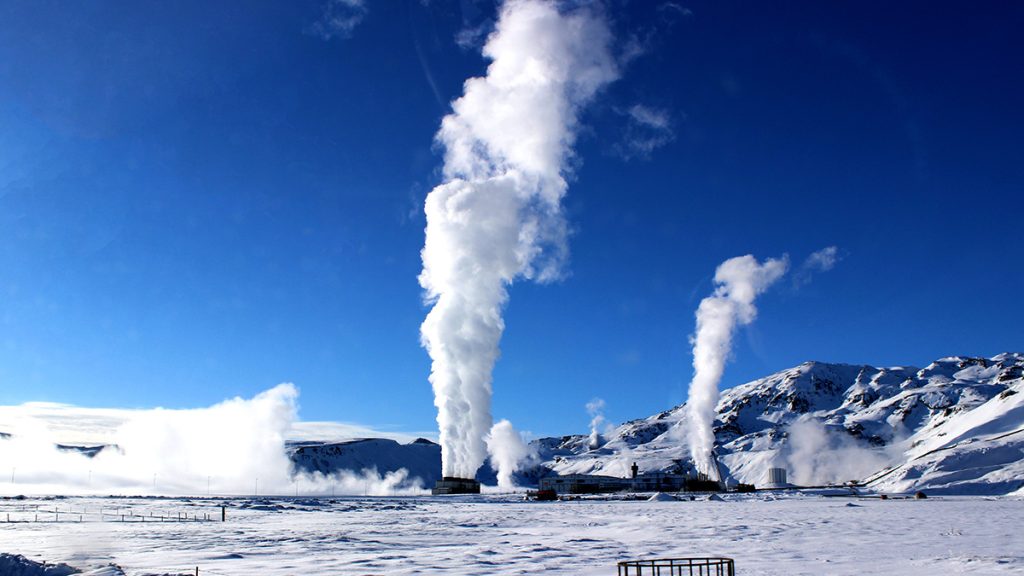
Just as one man’s trash is another man’s treasure. The waste from one production stream can be transformed into a valuable resource for another, resulting in a society that produces no waste. Geothermal energy is an abundant and sustainable source of energy that is often overlooked in favor of more popular renewable energy sources such as solar and wind power. But what is the reason behind this lack of interest in geothermal energy? Could it be related to the way it is promoted, or are there other challenges that the industry faces? In this article, we will explore the impact of Iceland’s geothermal energy on the country’s economy and society, as well as the potential challenges and limitations associated with it. We will also examine the weak political and public acceptance of geothermal energy and the factors that may be contributing to it.
Addressing Impacts
Iceland is a world leader in the use of geothermal energy, with almost 90% of its energy production coming from geothermal sources. This has had a significant impact on the country’s economy and society, creating jobs and reducing reliance on fossil fuels. In addition to providing a source of income and employment, geothermal energy has also helped to reduce Iceland’s carbon footprint, as it produces significantly less greenhouse gas emissions than fossil fuels.
However, there are also potential challenges and limitations associated with geothermal energy. Overexploitation of geothermal reservoirs can lead to a decrease in energy production and even permanent damage to the resource. The drilling of geothermal wells can also have environmental impacts on sensitive ecosystems, including geothermal hotspots that are home to unique and endangered species. Careful management and monitoring of geothermal resources are necessary to ensure sustainable development and avoid negative impacts.
Just Lacking acceptance
Despite its numerous benefits, geothermal energy still lacks political and public acceptance as a “normal” and “friendly” energy source. Compared to solar, wind, and biomass, which are seen as new and innovative sources of energy that offer numerous benefits to society and the environment, geothermal energy is often overlooked. One reason for this may be related to the way it is promoted, as it is not always marketed as an exciting and innovative source of energy. Instead, it is often presented as a “boring” and “old-fashioned” technology, which may not appeal to the public.
One of the reasons for this is that geothermal energy is not available in all locations. It is most found in areas where the earth’s crust is thin, such as near tectonic plate boundaries, and in areas with active volcanoes or geysers. These areas tend to be concentrated in certain regions, such as Iceland, the Philippines, and parts of the United States.
However, even in areas where geothermal energy is available, it is often not fully utilized due to a variety of factors. One major obstacle is the high upfront cost of building geothermal power plants, which can be prohibitively expensive for many countries and companies. Additionally, there are challenges associated with drilling and extracting geothermal energy, as well as with transporting it to areas where it can be used.
However, there may be other challenges that are contributing to the weak acceptance of geothermal energy. These could include a lack of awareness about the benefits of geothermal energy, misconceptions about its safety and reliability, and a lack of political will to invest in geothermal energy projects.
Final Thoughts
The weak political and public acceptance of geothermal energy remains a significant barrier to its widespread adoption. By addressing these challenges and promoting the benefits of geothermal energy, we can ensure that this valuable resource is utilized to its full potential.
Inside Telecom provides you with an extensive list of content covering all aspects of the tech industry. Keep an eye on our Impact section to stay informed and up-to-date with our daily articles.